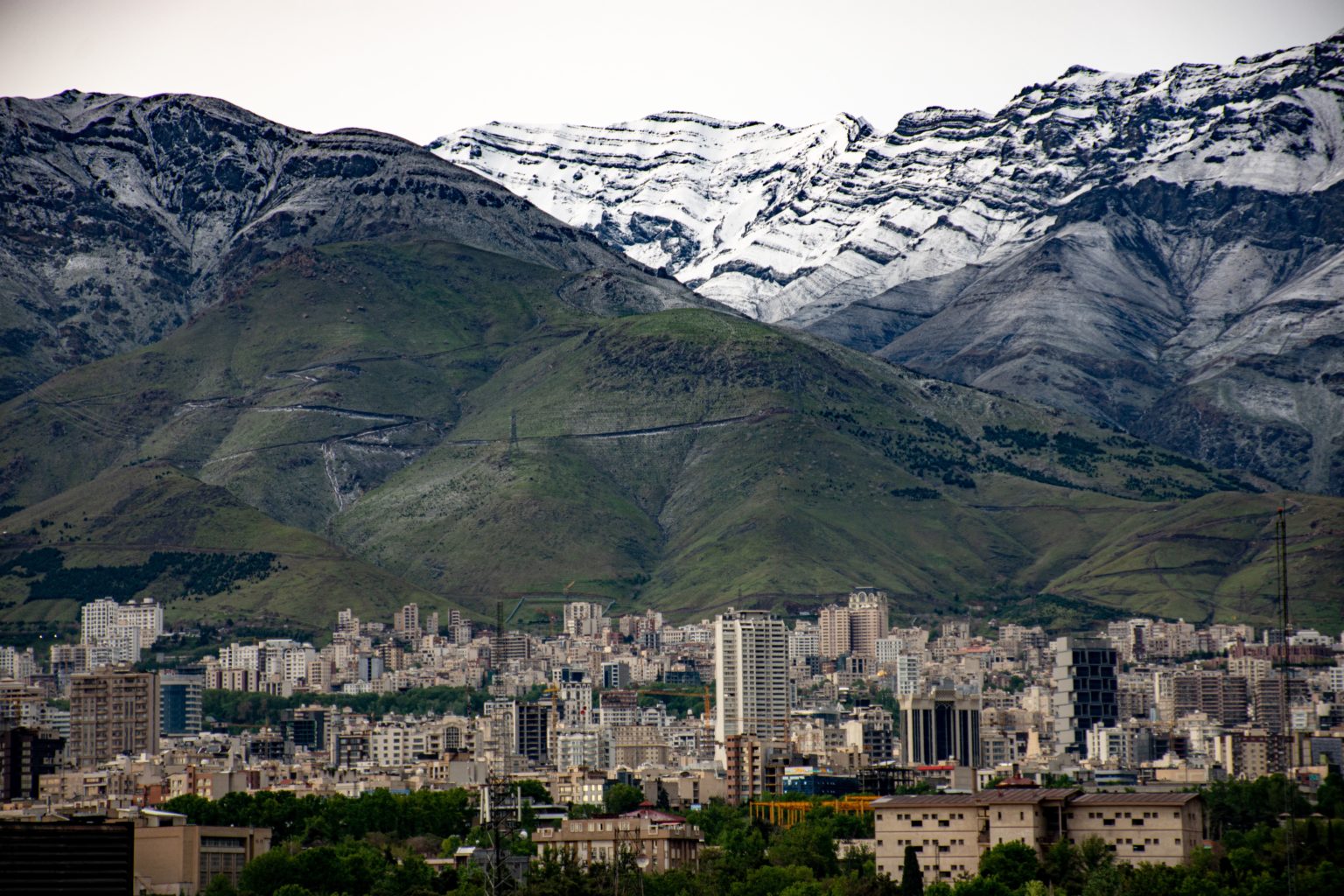Source: canopyforum.org
Kristina Arriaga

Offering a cup of tea to a stranger is universally viewed as an act of hospitality. Except if you are a Baha’i in Iran, where this kindness can result in torture, imprisonment, or death, both for the offeror and the recipient. The danger springs from the recent escalation of a government-led propaganda campaign meant to instigate hatred against the Baha’is, whose religion, established in the 19th century, emphasizes the spiritual unity of humanity. The campaign casts the Bahai’s as disloyal to the regime, as agents for other countries, and, most notably, as “unclean.” Invoking feelings of disgust against a group of people who threaten the prevalent social order is a tried-and-true, powerful, and highly contagious way to discriminate. If history is any indication of what lies ahead, the campaign in Iran may very well sow deep, long-lasting prejudice that will be passed down to future generations.
Theocrats in Tehran are hardly the first to elicit disgust and then weaponize it as a way to incite inhuman behavior. In the 19th century in the United States, a renowned physician posited that enslaved African Americans were diseased, had small brains, and a tendency toward barbarism. These theories, and others, gave way to “scientific racism,” which likened blacks to animals — animals that should be kept in a state of submission. In 1994, during the Rwandan genocide, Hutu politicians called the Tutsis roaches. Throughout the Castro regime, the government called the Cubans who attempted to leave the island-gulag “maggots” or gusanos. A few weeks ago, when Cubans took to the streets, the government referred to the protesters as “vulgar, indecent and delinquent.”
Disgust is ingrained in our instinct to survive.
Among other reasons, eliciting disgust may be such a powerful political weapon because disgust is ingrained in our instinct to survive. This trigger is likely an evolutionary adaptation that protected early humans from ingesting foods that caused illness, from associating with other humans who may have brought disease to their community, or from touching anything decaying. As humans developed the ability to speak and reason, physical contamination became associated with spiritual contamination — and vice-versa — in the two-way street between mind and body. In literature, this relationship is illustrated by the likes of Shakespeare, whose Lady Macbeth obsessively washes her hands in an attempt to bring relief to her guilty conscience.
The persecution of the Baha’is in Iran is not a novel development. Since the 1979 Revolution, they have been denied education, persistently harassed by authorities, and repeatedly slandered by government-controlled media outlets. However, the recent escalation of coordinated demonization of the Baha’is on social media platforms and Clubhouse attempts to turn Iranians against their own neighbors. And it’s working. Recently, a Baha’i cemetery in Semnan was desecrated with graffiti that reads: “Filthy infidels.” “We will kill you all.”
The recent escalation of coordinated demonization of the Baha’is on social media attempts to turn Iranians against their own neighbors.
Disgust is a strong intuition, but so is its opposite: witnessing unexpected acts of goodness, or what scientists call elevation. Take, for instance, the case of Roxanna Saberi, an unjustly imprisoned American journalist, who shared a cell in Tehran with two innocent Baha’i women, Mahvash Sabet and Fariba Kamabaladi. Despite being held in a prison infamous for torture, long solitary confinement periods, and inhuman conditions, the Baha’i cellmates told Saberi: “We believe in love and compassion for humanity even for those who wrong us.” Upon her release, Saberi credited much of her strength in enduring her incarceration to her Baha’i cellmates.
The survival of our religious freedom, of our ability to live according to our deeply held religious convictions (or no convictions at all), is threatened whenever we allow the politics of disgust to prevail. Whether in Iran or our backyard, dehumanizing others based on their beliefs erode our humanity universally and for generations to come. We must denounce and extinguish the politics of disgust being employed anywhere, anytime, and most urgently today, in Tehran.
August 8, 2021 9:10 am
In every case these campaigns of hate are against people who do not choose to be what they are. But in every case, these wonderful Baha’is have accepted this burden of hate to wash it from the human condition as a service to the unification of humanity. The Baha’is may have to endure this terrible mischief until the people of the world come to their senses and realize that there is no gain in demonizing their fellow beings, that we are all one and that we are all God’s.